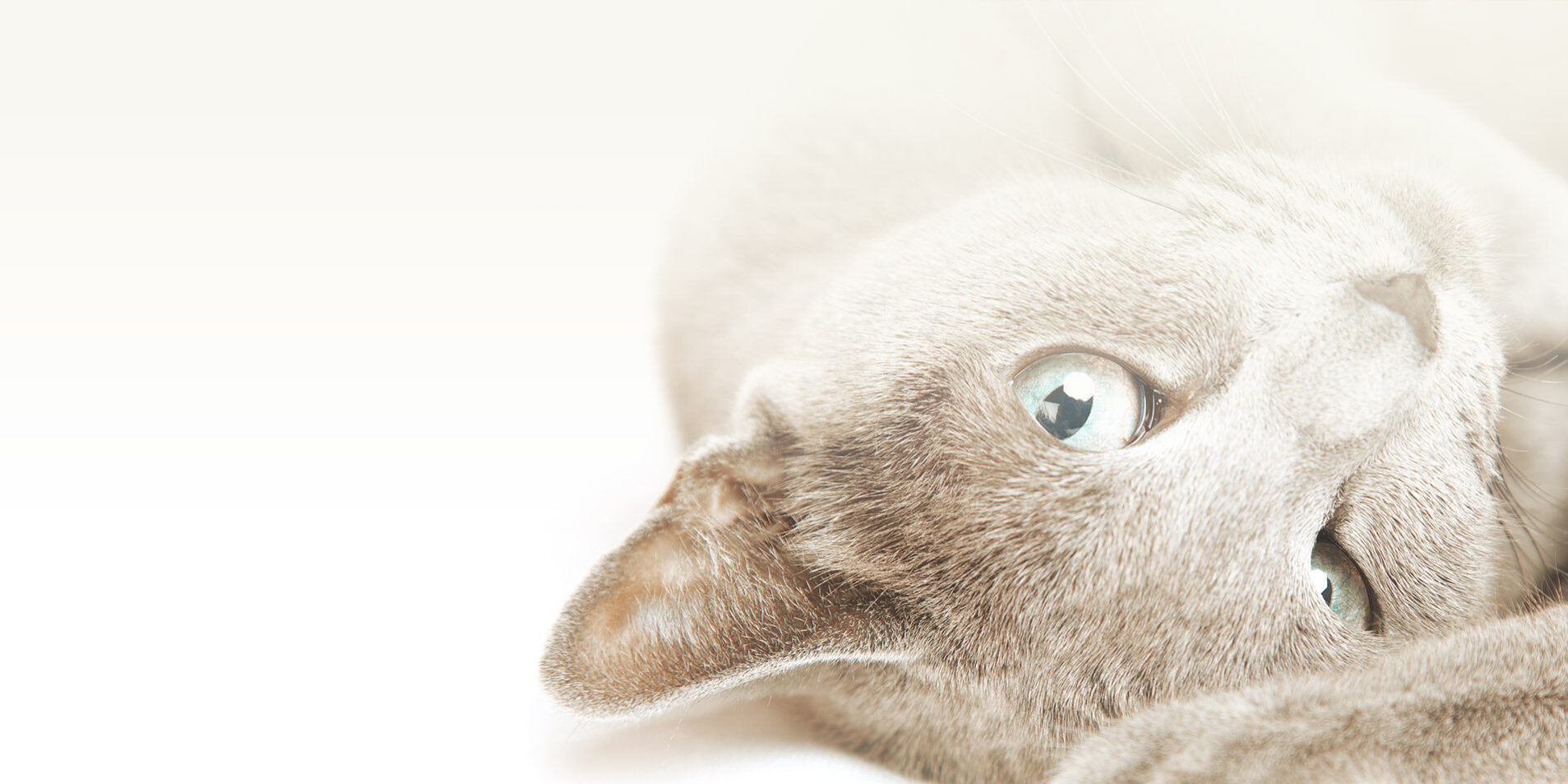The holiday season is a time for fun and cheer, but there are few things that can spoil that fun faster than a sick or injured dog or cat. (Except maybe an argument between relatives). One thing to remember is that if something unfortunate does occur, know the hours of your veterinarian’s office. Keep the vet’s phone number handy. This time of year, it’s possible that your vet has taken a day or two off to celebrate the holiday season with family.
Holiday Food and Pets
People food is bad for pets. Too often people allow pets to celebrate with them during the holidays. For instance, a dog might surreptitiously be given scraps from the holiday feast under the table; a turkey bone placed in the dog’s food dish for him or her to chew on, etc. But there are foods consumed especially during the holidays that are inherently bad for a animal’s health. Chocolate, for instance, is an essential part of the holidays; Santa Clause proudly leaves that wonderful treat in many people’s stockings. But, unfortunately, chocolate is terrible for dogs; it’s highly toxic to a dog’s digestive system. And there are other sweet foods, which, disregarding that a dog or cat’s digestive system will likely go haywire following a dose of sugar, can be detrimental to an animal’s internal organs. Turkey and turkey skin can cause pancreatitis in some pets. Doughs with yeast can smell amazing to pets, but yeasts and other types of fermented foods can wreak havoc on an animal’s digestive system—a dog who has just consumed raw, yeasted bread dough is a dog who you don’t want to sleep in your room that night.
Ornaments and Decoration
Christmas trees, wreaths, twinkling lights, etc., are all awfully tempting to play with for the right pet. Keep your pet from electrifying him or herself; keep them from tearing down the tree and destroying the ornaments. An unfortunate fire can start from a tipped-over candle. Remember to always supervise your pets.
We hope that both you and your pets have a safe and happy holiday season.






